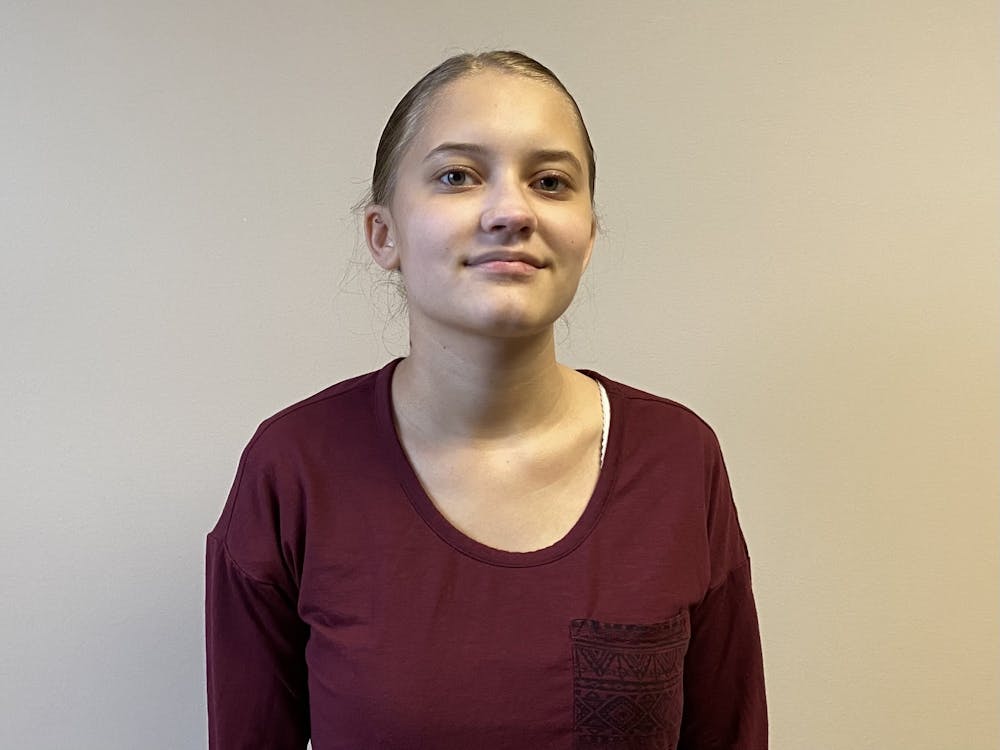COLUMN: The student voice during the Central Michigan Climate Solutions Summit
With my single page of bullet point notes, I faced my webcam. President Bob Davies, Director of Facilities Operations Jay Kahn and faculty member Goksel Demirer had already spoken.
Sometime last month I was asked to speak at the Central Michigan Climate Solutions Summit as the student panelist. The summit was originally scheduled for March but was rescheduled for Oct. 16 due to COVID-19.
I was asked to recap what had been said from the perspective of a student. My first point was to talk about what the university was doing well like the composting program the dining halls run.
In his presentation, Demirer, an engineering and technology faculty member, mentioned that with the composting program, CMU was saving about 350 tons of food waste a year.
Students I talked to also mentioned the new take-out food containers. In addition to being convenient for students, the containers are reusable, and they don't require as much water to wash.
I also talked about the university research station at Beaver Island, various Registered Student Organizations on campus dedicated to sustainability efforts and the climate justice march that the university coordinated last September.
In talking about what I believed the university could do, I brought up the environmental science programs that we have on campus. I always see ads touting our business college, not that there is anything wrong with that, but what about the meteorology major?
We have the only meteorology major for undergraduates in the state of Michigan. A program that prepares students for potential careers in climate change research.
I also brought up the need for more classes on climate change, especially for business and political science majors. Preparing for my presentation, I looked at what kind of classes these two majors are required to take. Neither one of them require a class related to climate change. This shocked me, since these two areas are the biggest markets with the potential to influence climate change. Davies did mention in his presentation that classes were in the works, but he did not say how long until they were official university courses.
Lastly, I challenged Davies to form a net-zero or carbon neutral plan for CMU.
From the "Sustainability is Central" report given in 2018, the university goal was to reduce emissions 10 percent before this year from the 2012 baseline of 34.11 pounds of CO2.
The University of Michigan, as well as many other universities across the nation, have plans to reach net-zero carbon emissions. With CMUs plan due to be updated, now is the time for us to join that list.
Even if you think your major doesn't relate to climate change and environmental issues, I can assure you it does. You can always connect your passions to the issues around you. At the end of the day, this affects all of us. Climate change ties into racism, justice for native people's, immigrants, and more.
We need to stop asking people, especially those in power, if they "believe" in climate change. It's not Santa Claus. It is science. Instead, we need to ask what they know about climate change.
We cannot continue to pretend it doesn't exist. It is real, and it is a problem. Climate change is a threat to our lives and to the lives of future generations, and we are running out of time to act.







